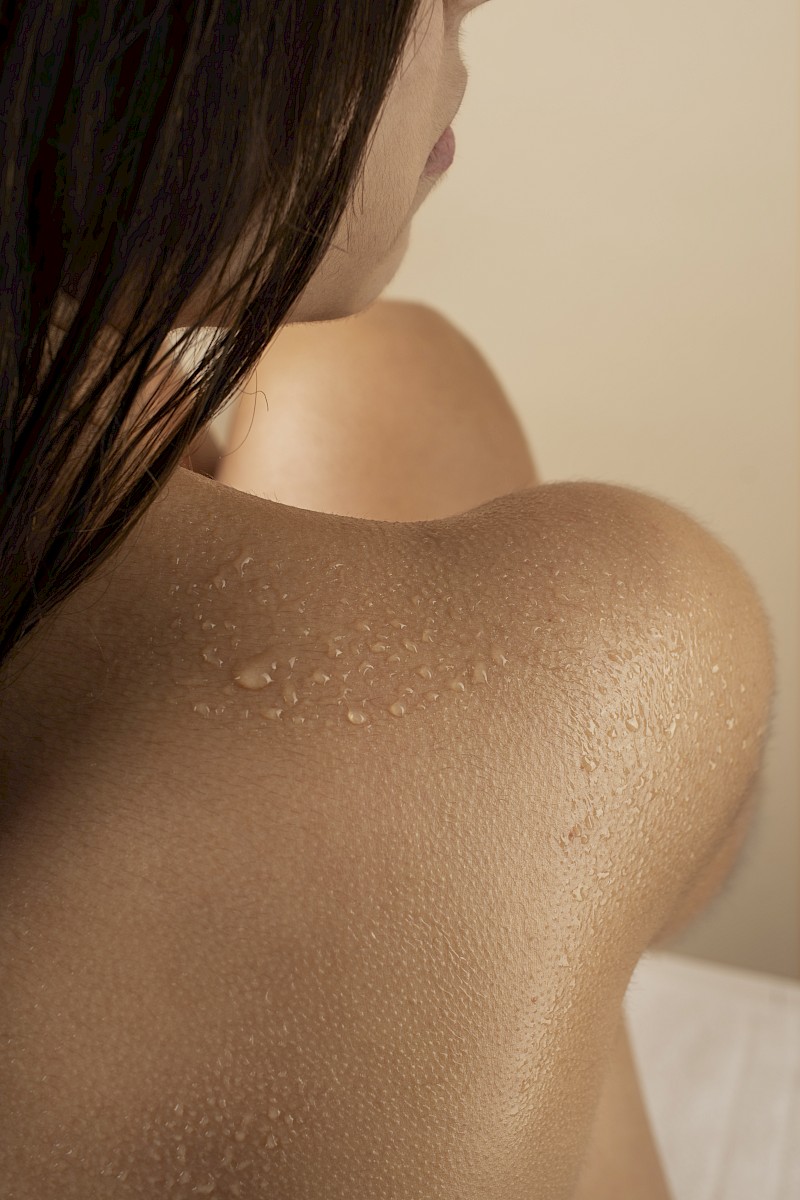Chlorine is the most popular disinfectant used to treat swimming pool water due to its remarkable oxidising and disinfecting properties.
But is chlorine bad for your skin? First of all, the level of chlorine present in public swimming pools is regulated by the Ministry of Health and therefore, in the doses indicated, it rarely causes unpleasant reactions such as itching, irritation, the appearance of red spots... Nevertheless, it is important for all swimming enthusiasts to follow a few good habits to protect the health of their skin tissues.
Chlorine, thanks to its disinfectant and antibacterial action, protects the skin from fungal infections and warts, which can be contracted by walking barefoot around the pool.
At the same time, however, it alters the skin's hydrolipid film, a thin layer of fat that protects the skin from external agents, especially if you spend a lot of time in water: in these cases, the skin may feel drier, tighter and less elastic. There are several ways to protect the skin from the chlorine in the pool, which causes dryness and dehydration, such as taking a lukewarm shower before entering the pool. This ensures that the skin absorbs the clean water, limiting the absorption of chlorinated pool water for a time, and also eliminates sweat, which comes into contact with chlorine and produces chloramine, an irritant especially for sensitive skin. After swimming in a pool, it is important to take a shower with a mild detergent, possibly with a formula based on vegetable lipids, to dry the skin without rubbing it, and then to apply a soothing, moisturising and protective cream. If all this care is not enough, there are creams containing omega-3 and vitamin E, which act as a barrier against chlorine and should be applied to the skin before entering the water. These products not only counteract the absorption of chlorine by the skin, but also restore the hydrolipidic film of our skin, thus preventing the damage caused by chlorine itself. However, in these cases, it is advisable to consult a dermatologist who will advise on the best products and therapies.
